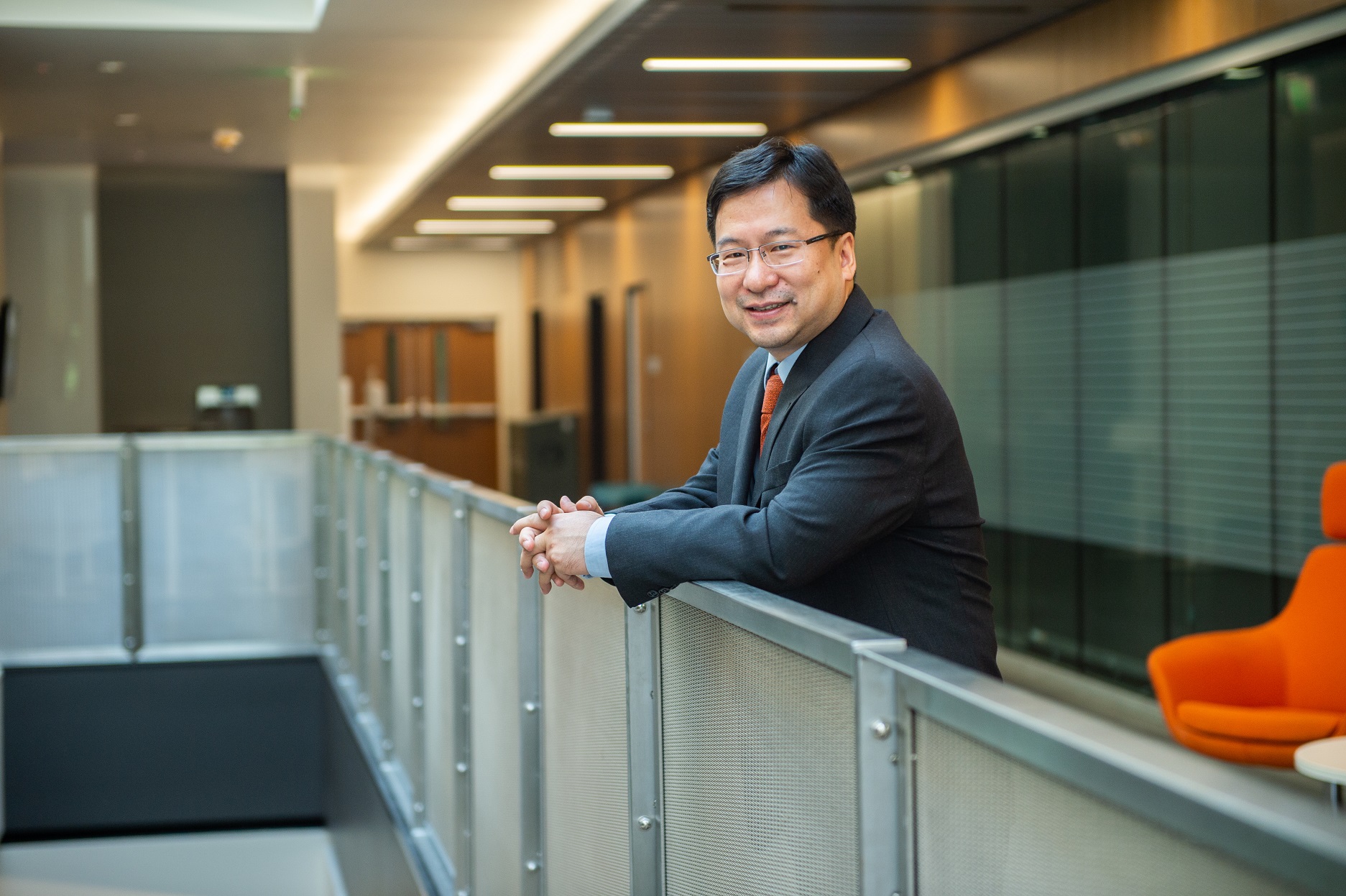Research to revolutionize wireless engineering earns $320,000 grant
Recent advances in deep learning stimulated a wave of research that were applied to various problems within wireless communications and networking.
However, the wireless research community has not addressed one of the critical challenges in this arena – how to facilitate the acquisition of sufficient data in order to train and validate complex learning models.
Shiwen Mao, professor and Earl C. Williams Eminent Scholar in Electrical and Computer Engineering, hopes to bridge this gap.
Mao’s work, “Data Augmentation and Adaptive Learning for Next Generation Wireless Spectrum Systems,” was awarded $320,000 by the National Science Foundation in hopes of devising innovative approaches that enable wireless researchers and practitioners to acquire data more efficiently, at a reduced cost and utilize existing data more effectively.
Mao is the principal investigator on a team that includes researchers from Temple University and California State University-Sacramento with total funding of $1.2 million.
Findings from this project are expected to fuel future breakthroughs in wireless technology research by making deep learning models more widely applicable.
“Machine learning has been very successful in many disciplines, but as wireless engineers, we want to bring machine learning in to address problems,” Mao said. “For example, how do you use the spectrum? How do you design wireless protocols for your cell phone, or home Wi-Fi, and make them more efficient? What we want to do is apply deep learning and artificial intelligence to address these spectrum-related problems.”
But for machines to learn, ever-elusive data must be captured. Preliminary investigations are making progress, however. The team used conditional generative adversarial network (CGAN) to augment the originally small dataset with new labeled data of the same distribution for automatic modulation recognition with a focus on real features on hardware and the impact of channels.
“Our preliminary study verifies that our proposed approach can effectively generate synthesized in-phase and quadrature (I/Q) data with the same distribution of the original data,” Mao added. “More importantly, our findings validate that the conditional generative adversarial network-based approach can generate high-quality and high-delivery data sets for different modulation schemes at different signal-to-noise levels.”
Mao, who has served at Auburn since 2006, is also director of the Wireless Engineering Research and Education Center.
“Earning an NSF medium grant is a very competitive process,” he added. “This award is a great recognition of our track record and past contributions.”
BY JOE McADORY
Media Contact: Joe McAdory, jem0040@auburn.edu, 334.844.3447

Shiwen Mao
Categories: Engineering, Advanced Systems
Back to Articles




